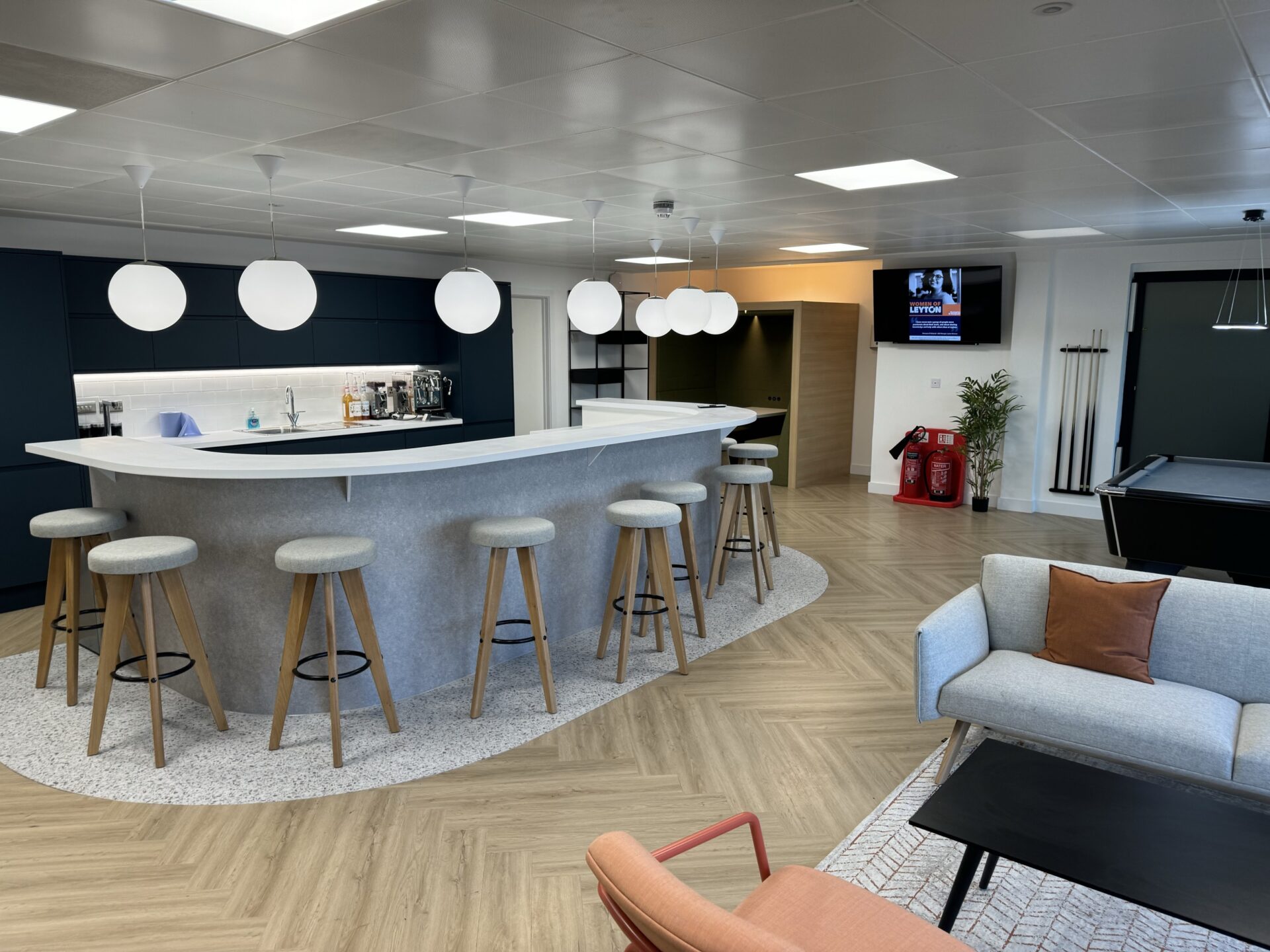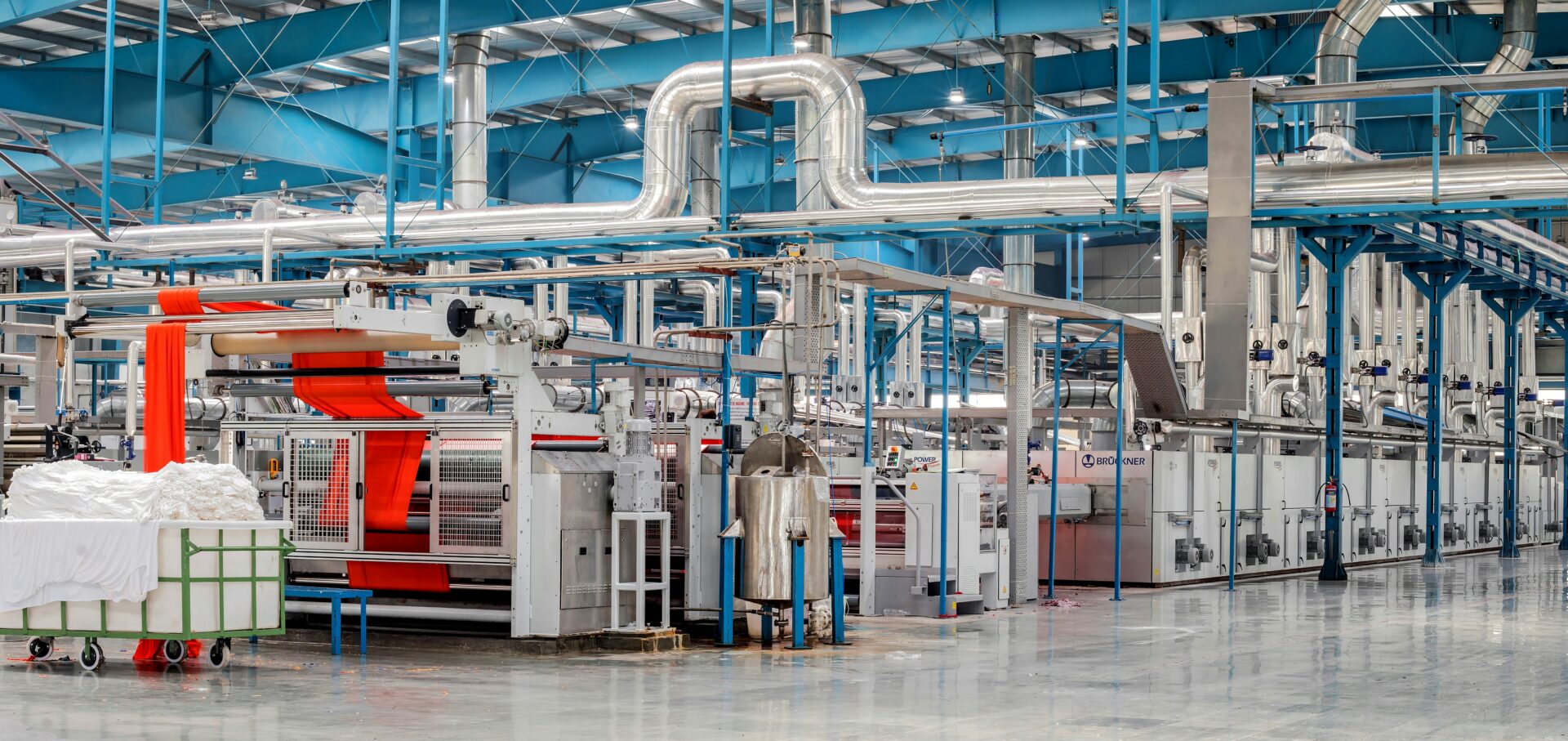Supporting working mums at Leyton UK
Even in the best of circumstances, we know that it can be challenging to balance a successful car...

If your business has undertaken research and development (R&D) activity, you can claim tax relief for eligible R&D expenditure. Not sure what qualifies as R&D expenditure? No problem. In this article, we’ll walk you through each of the eligible categories for claiming valuable R&D Tax Credits.
There are several categories of qualifying expenditure for claiming R&D Tax Relief. These currently include:
For the accounting period following 1 April 2023 you can also claim for:
You can claim for consumable or transformable materials and utilities used in qualifying R&D activity. Consumables broadly include fuel, water and power. HMRC also defines consumables as items that are no longer useable because they have been exhausted or “transformed” during R&D. For example, lab chemicals or components that have been incorporated into prototypes and are therefore effectively transformed, i.e., they can’t be used for anything else.
Consumables used indirectly don’t count as qualifying expenditure; however, you can claim for a portion of consumable items if you have partly used them for R&D activity. For example, you can claim an appropriate proportion of your electricity spend if your building’s power supply was somewhat used for R&D activity and somewhat used for other non-qualifying activities. If you’re unsure what an appropriate proportion would be, HMRC say “a broad-brush apportionment based on floor area or staff numbers” would be a suitable way to work out spending. Once the R&D phase is complete, and the products created become part of your day-to-day business, you can no longer claim relief on the consumables used to create the products.
You can claim for consumables under both the SME and RDEC schemes.
Staff costs also qualify for R&D Tax Relief; however, only staff who engaged directly in R&D activity can be claimed for. It’s likely that some employees, such as directors, will only have contributed a proportion of their time to research and development. In these circumstances, you can claim for an appropriate proportion of their time.
An employee who doesn’t work on R&D themselves, but who supports others who do, isn’t considered to be directly engaged, and therefore, you can’t claim for their salary. For example, you can’t claim for costs for administrative or secretarial work.
Staffing costs are defined by HMRC as money spent on employing staff directly who are actively engaged in carrying out R&D, including:
You can claim for staffing costs under both the SME and RDEC schemes.
Staffing costs are generally reserved for employees, i.e., someone with a contract of employment for your company.
You can claim for staffing costs under both the SME and RDEC schemes.
You can claim for the costs for externally provided R&D staff, i.e., externally provided workers (EPW). These costs come from when you use staff providers for workers who are directly and actively engaged in carrying out R&D activity.
Your initial recruitment costs aren’t covered; however 65% of EPW wage expenditure paid to the staff provider or staff controller is potentially eligible to be claimed for (as long as the persons are not connected to your company). If an EPW doesn’t work full-time on R&D activity, then you can claim for an appropriate proportion of their costs. You can also claim for payments of expenses that your business has reimbursed. From 1 April 2023, exclusions will apply to EPWs not paid through a UK payroll. The UK Government has outlined some exemptions, including when you can’t do the work in the UK. This might be due to geography or environmental conditions (for example, arctic climate change research), or where there are regulatory or legal reasons for carrying out the work abroad (for example, clinical trials).
You can claim for externally provided R&D staff costs for both the SME and RDEC schemes.
If you’re claiming under the SME Scheme, you are able to claim for the costs of paying subcontractors for activities related to R&D.
HMRC defines subcontracted work as R&D activities carried out to fulfil a contract’s terms. These activities can form part or the whole of an R&D project. Subcontractors have to do the work themselves (i.e., they can’t subcontract the work out again to a third party).
As with EPWs, from 1 April 2023, there will be restrictions placed on claiming for overseas expenditure on subcontracted work (the same narrow exceptions apply – see the above section on externally provided R&D staff).
Generally, you cannot claim for subcontracted costs under the RDEC scheme, however, there are some exemptions. You can claim if a prescribed body does the R&D activity. The list of bodies includes charities, higher education institutes, scientific research organisations, health service bodies and individuals or partnerships of individuals.
You can claim for costs for computer software licenses used for carrying out R&D activity. If you have only partly used the software for R&D work, you can claim an appropriate proportion of costs.
Software licence costs can be claimed for both the SME and RDEC schemes.
Activity connected to designing, creating and testing prototypes can be claimed for. Prototypes and models can only be fully claimed for if they are used for pre-production. If the prototype itself is sold, then you are only able to claim for the design, modelling and testing (and not for consumables or construction).
You can claim for prototype costs under both the SME and RDEC schemes.
You can claim for payments made to volunteers who have taken part in any clinical trials for pharmaceutical research. This includes testing drugs on those who are healthy and those with the relevant condition or disease. HMRC defines clinical trials as “an investigation in human subjects undertaken in connection with the development of a health care treatment or procedure”.
You can claim for clinical trial volunteer costs under both the SME and RDEC schemes.
Large companies can claim R&D relief on contributions made to independent research. You can only claim if the contribution is towards research carried out by a qualifying body for R&D activity, such as a charity, university, research organisation or health service. The research must also be relevant to your industry.
From 1 April 2023, qualifying R&D expenditure will include licence payments for datasets and data analytics. You can only claim if you’ve used data for research purposes, i.e., you cannot claim if you commercially publish or sell the data onwards. You can claim for an appropriate proportion for licences only partly used for R&D activity.
HMRC defines data licences as “a licence to access and use a collection of digital data. This includes datasets.” Data licence costs will be claimable under both the SME and RDEC schemes
From 1 April 2023, qualifying R&D expenditure will also include the costs for cloud computing services. You can claim for an appropriate proportion if you have only partly used the cloud computing services for R&D activity.
HMRC defines cloud computing as “the provision of, access to, and maintenance of, remote data storage and hardware facilities and operating systems and software platforms”.
Cloud computing costs will be claimable under both the SME and RDEC schemes.
From 1 April 2023, HMRC’s guidelines will clarify that research and development in pure mathematics is eligible for claiming R&D Tax Reliefs.
Mathematics costs will be claimable under both the SME and RDEC schemes.
Some costs do not count as qualifying R&D expenditure. These include:
If you have any questions about eligible expenditure that are specific to your R&D activity, we’d love to hear from you. Our highly qualified tax and technical consultants are here to help with your R&D Tax Relief claim.
Explore our latest insights

Even in the best of circumstances, we know that it can be challenging to balance a successful car...

Small and Medium-sized enterprises (SMEs)are the lifeblood of innovation in the UK. We’ve dived i...

Full expensing is a first-year allowance that allows businesses to reduce their tax liability and...

To help businesses understand if their work qualifies for R&D Tax Relief and to make sure tha...